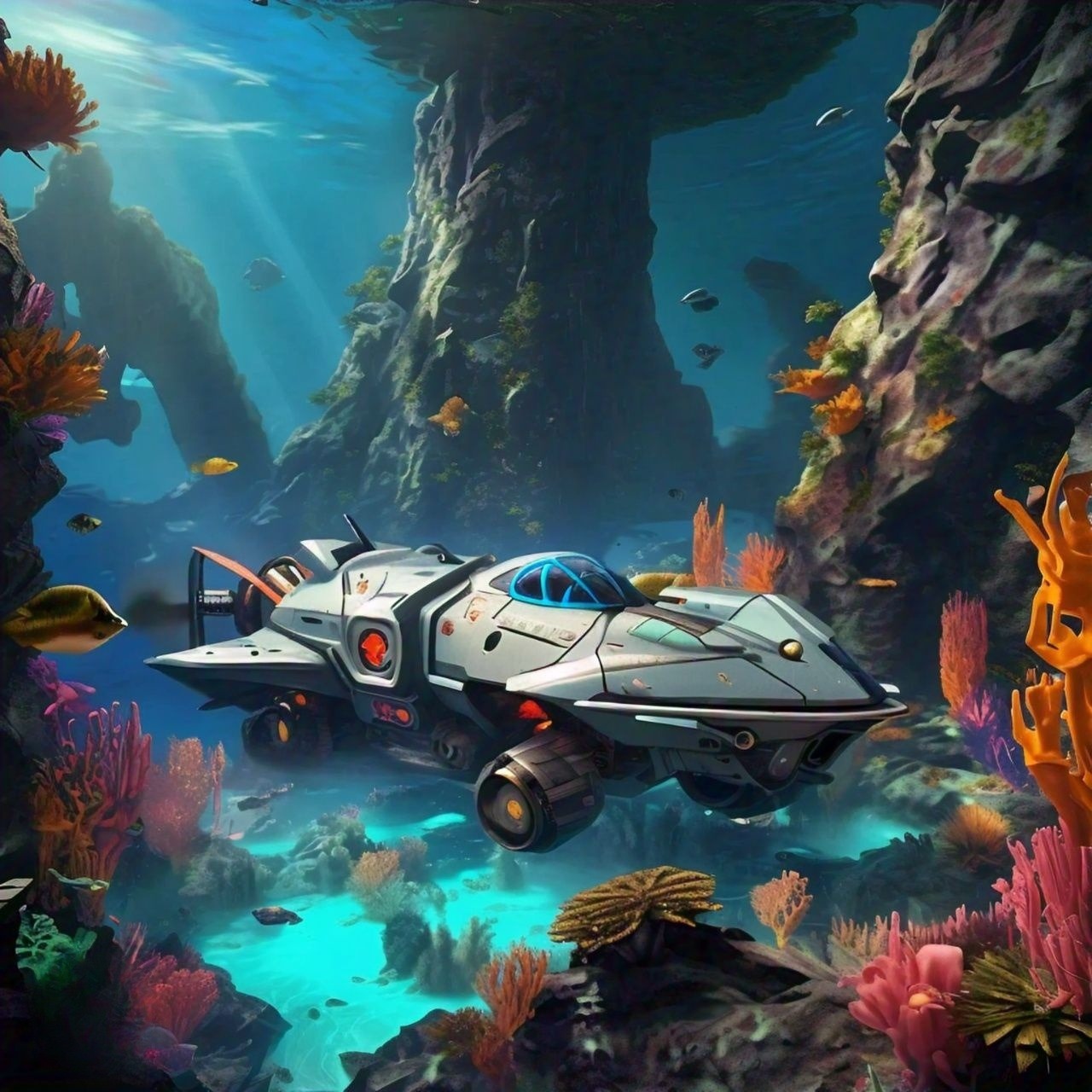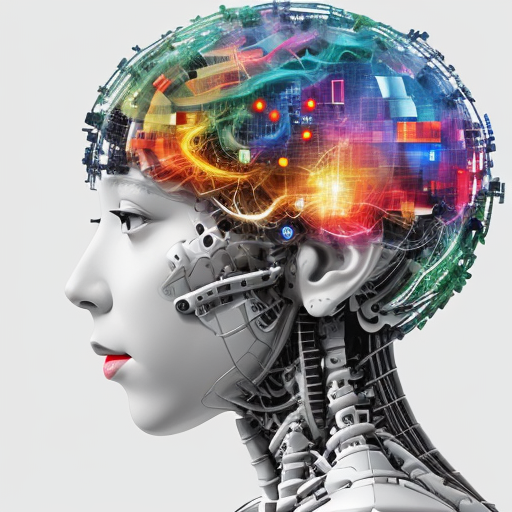Tomorrow’s Tech: Groundbreaking Innovations Shaping Our Future

As we stand on the brink of a new technological era, groundbreaking innovations are poised to reshape our lives in profound ways. From artificial intelligence to renewable energy, these advancements are not just enhancing existing systems but are also creating entirely new possibilities. Here’s a closer look at some of the most exciting technologies that are set to shape our future.
Artificial Intelligence and Machine Learning
Artificial intelligence (AI) and machine learning (ML) are at the forefront of tomorrow’s tech landscape. These technologies are transforming industries by enabling machines to learn from data, adapt, and make decisions. In healthcare, AI algorithms can analyze medical data to provide faster diagnoses and personalized treatment plans. In finance, they optimize trading strategies and enhance fraud detection.
Moreover, the rise of conversational AI, such as chatbots and virtual assistants, is changing how we interact with technology. As these systems become more sophisticated, they are set to improve customer service, streamline workflows, and even aid in mental health support.
Quantum Computing
Quantum computing represents a paradigm shift in processing power. Unlike traditional computers that use bits (0s and 1s), quantum computers use qubits, allowing them to perform complex calculations at unprecedented speeds. This technology has the potential to revolutionize fields such as cryptography, drug discovery, and climate modeling.
While still in its infancy, quantum computing promises to solve problems that are currently beyond the capabilities of classical computers. As researchers continue to make strides, we may soon see practical applications that could significantly impact industries and scientific research.
Biotechnology and Genetic Engineering
Advancements in biotechnology are paving the way for innovations that could transform healthcare and agriculture. Techniques like CRISPR gene editing allow scientists to alter DNA with precision, opening doors to potential cures for genetic diseases and improved crop resilience.
Personalized medicine is another exciting frontier, where treatments are tailored to an individual’s genetic makeup. This shift towards customization in healthcare can lead to more effective therapies and better patient outcomes, significantly changing how we approach disease management.
Renewable Energy Technologies
As the world grapples with climate change, renewable energy technologies are becoming essential for a sustainable future. Innovations in solar, wind, and energy storage are making clean energy more accessible and efficient. For example, advances in solar panel efficiency and battery technology are enabling more effective energy generation and storage, reducing our reliance on fossil fuels.
Additionally, the integration of smart grids allows for better management of energy resources, optimizing distribution and consumption. As these technologies mature, they will play a crucial role in the global transition to a low-carbon economy.
Augmented and Virtual Reality
Augmented reality (AR) and virtual reality (VR) are transforming how we experience and interact with the world. In education, immersive VR environments can enhance learning by providing experiential experiences that textbooks cannot replicate. In training and simulations, these technologies allow professionals to practice in safe, controlled settings.
In entertainment, AR is enhancing gaming experiences by blending the digital and physical worlds, while VR offers immersive experiences that transport users to new realities. As hardware becomes more affordable and content more diverse, AR and VR will likely see broader adoption across various sectors.
Blockchain and Decentralized Technologies
Blockchain technology is reshaping how we think about data security, transactions, and trust. Originally developed for cryptocurrencies, its applications extend to supply chain management, secure voting systems, and decentralized finance (DeFi). By providing a transparent and tamper-proof way to record transactions, blockchain can enhance accountability and efficiency in numerous industries.
As businesses and governments explore the potential of decentralized technologies, we may see significant changes in how we manage digital assets and personal information, paving the way for a more secure and equitable digital landscape.
Conclusion
The innovations shaping our future are not just technological marvels; they are powerful tools that hold the potential to address some of the most pressing challenges we face today. From enhancing healthcare and education to promoting sustainability and security, these groundbreaking technologies are set to transform our lives in ways we can only begin to imagine. As we embrace these advancements, the responsibility lies with us to ensure that they are harnessed ethically and inclusively, paving the way for a brighter, more connected tomorrow.







